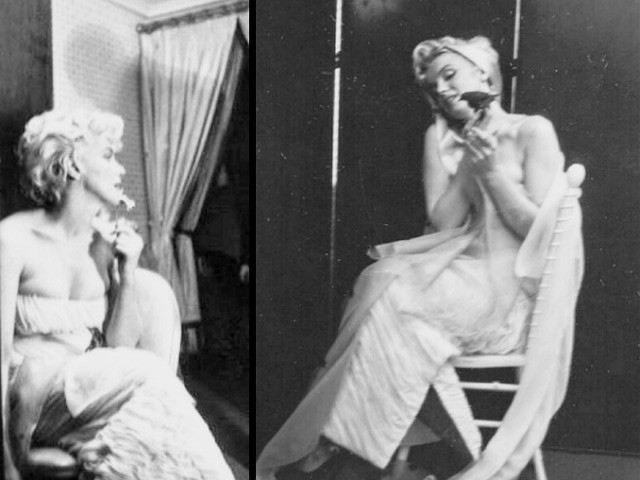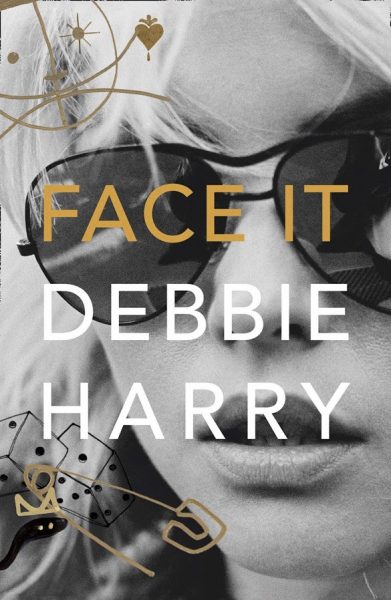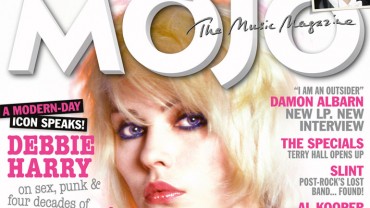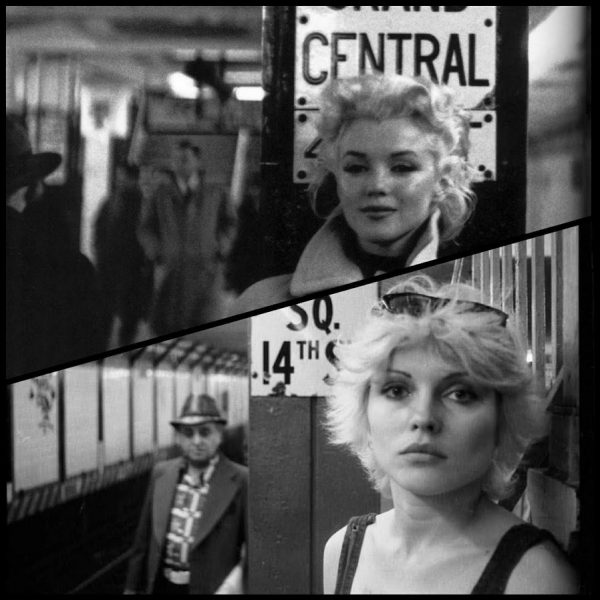
In my previous post (see here), I revealed how Blondie singer Debbie Harry was influenced by Marilyn, as described in her new memoir, Face It. Now I’m looking at some other parallels in their careers. In 1975, Debbie posed on the New York subway for her bandmate and boyfriend Chris Stein, echoing Marilyn’s photo shoot with Ed Feingersh twenty years earlier (shown above.)
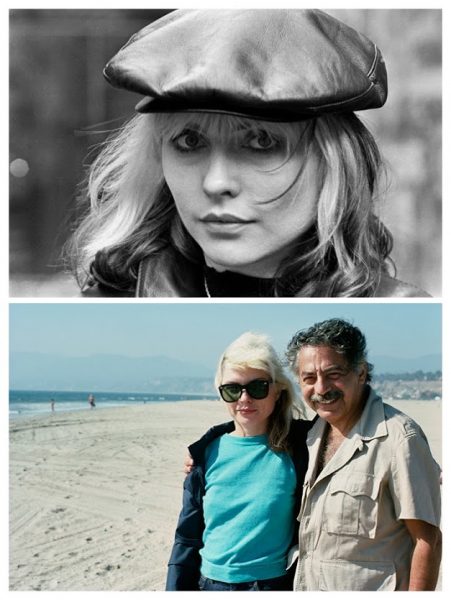
In 1977, Marilyn’s photographer friend Sam Shaw filmed Blondie playing live at the Whisky A Go Go in Los Angeles for a short documentary about the band, released a year later (more info here.) “It was an odd sort of thing, about Blondie but also about my fantasy of being Marilyn Monroe’s daughter,” Debbie recalls. This was also mentioned in a New York Times profile in 1979. (At the time, Debbie said Marilyn was adopted. This was technically incorrect, but she did spend most of her childhood in the care of family and friends.)
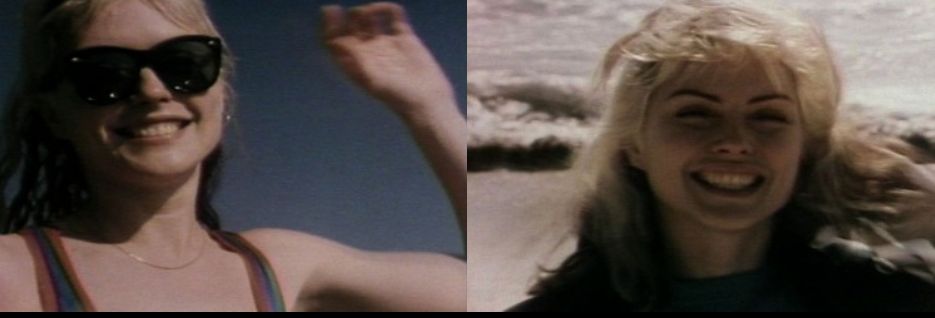
“In the summer of 1978, she was asked by the photographer and film maker Sam Shaw to provide biographical information for a one‐hour documentary film on Blondie. Interviewed by the screenwriter/novelist Ted Allan, Debbie mentioned liking a play, Fame, loosely based on the life of Marilyn Monroe. The conversation continued:
ALLAN: Do you have an affinity for Marilyn Monroe?
HARRY: Tremendous. I always thought she was my mother.
ALLAN: Did you ever seriously think that you’d go and meet her and say, ‘You might be my mother.’
HARRY: No! God! Well, you know, there’s that kind of admiration, I guess. They say that most adopted children now, in their adult life, look for their real parents … I sort of have my wild imaginings. Like she [Monroe] had wild imaginings about Clark Gable being her father … See, my mother did keep me for three months, and I have memories, a visual memory of when I was 3 months old when I was adopted.
Such fantasies percolated through Debbie’s adolescence. She says that she felt ‘different,’ worried about being crazy. As late as last year, Debbie reminded a reporter that ‘Marilyn was also an adopted child.'”
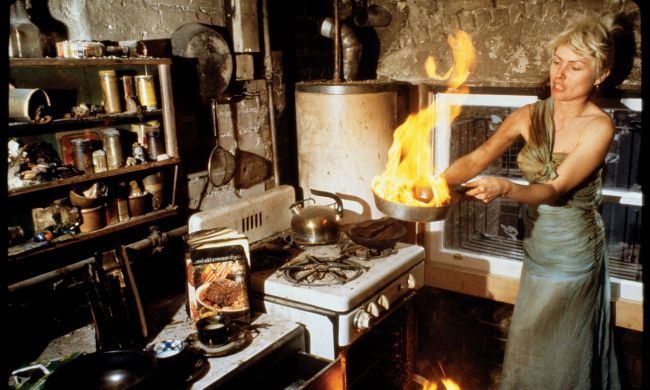
There is also a curious story about this photo, taken by Chris Stein at his and Debbie’s New York home in the 1970s. Debbie explains that Maria Duval, their downstairs neighbour and an aspiring actress, had bought this gown at auction and gave it to Debbie, believing it had been worn by Marilyn in The Seven Year Itch. I don’t recognise it as a costume from that movie, but nonetheless, perhaps it was connected to Marilyn in some way. While Debbie and Chris were on tour, there was a fire in their apartment, which leads us to this story…
“When we finally did get back, it was hugely upsetting. The place was strewn with debris from the fire. And because people were able to walk into our apartment and take things, they did … Fortunately, Chris had his guitar and camera with him. So he set up a photo session in the burned-out kitchen. The walls were caked in soot and the range was covered in ash. I put on Marilyn’s dress, which had been badly singed in the fire, and our latest close call (which wasn’t really close at all) became a work of art.”
UPDATE: Fraser Penney has suggested the dress could have been worn by Marilyn during her 1956 photo shoot with Cecil Beaton. The mystery deepens!
